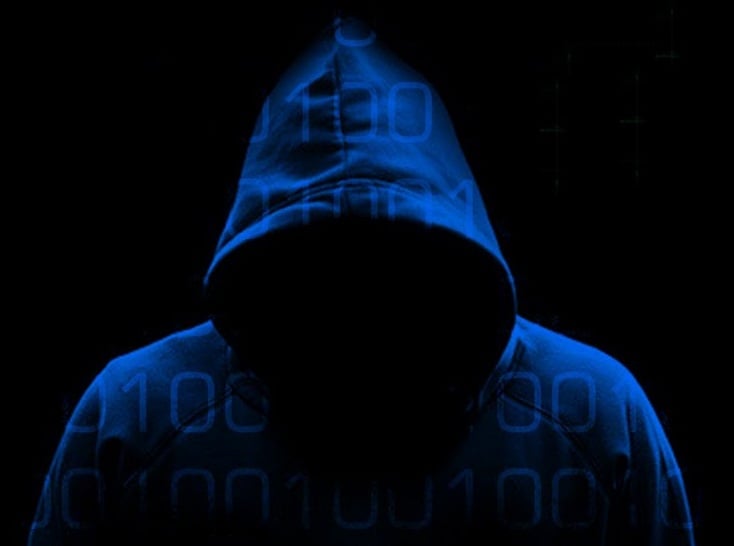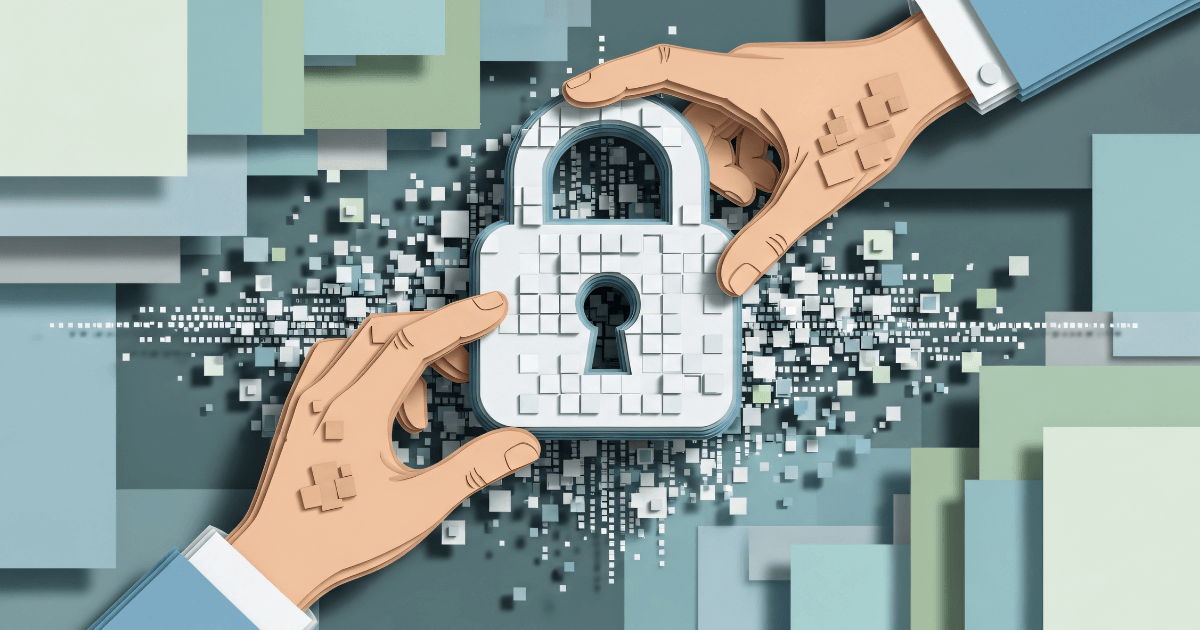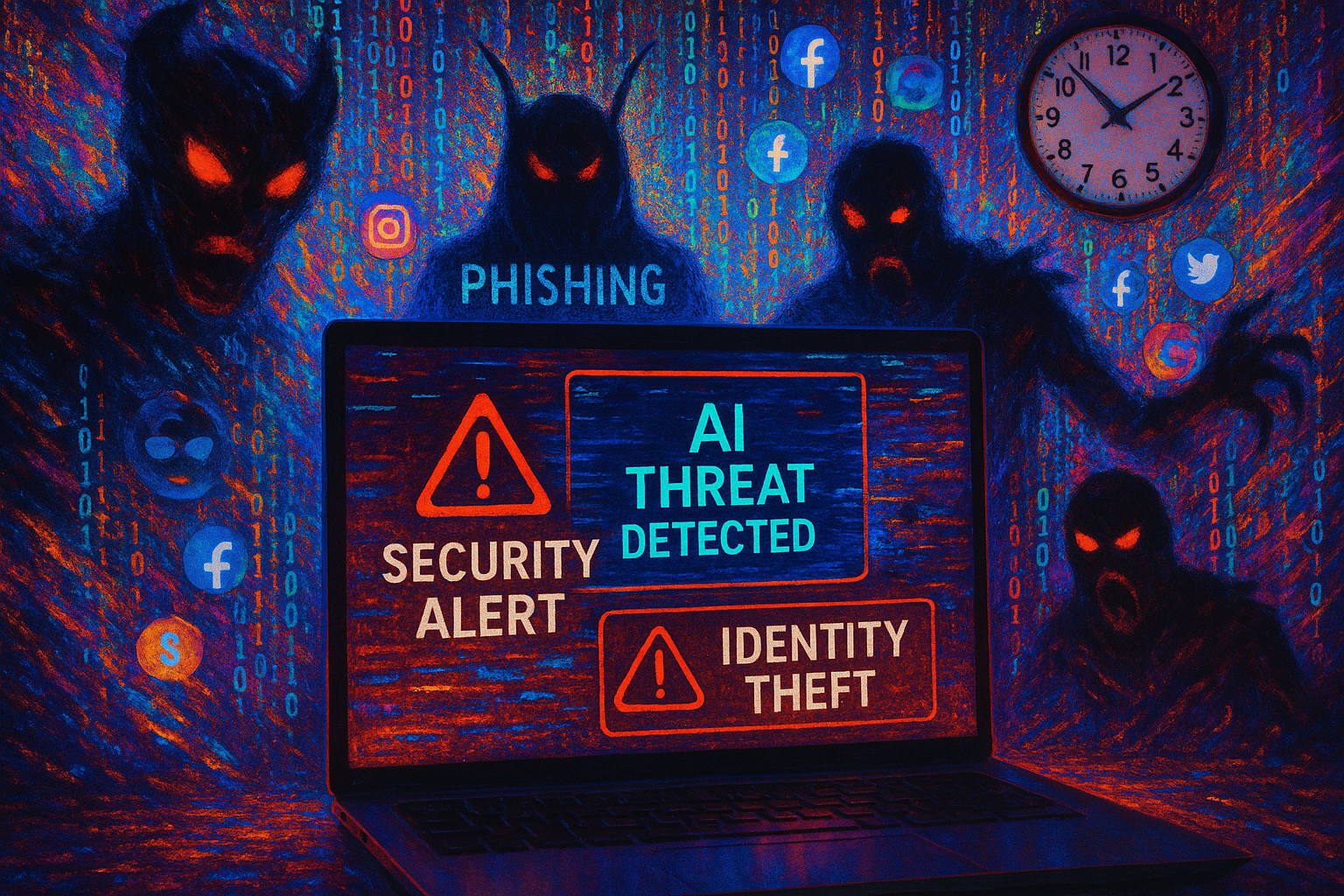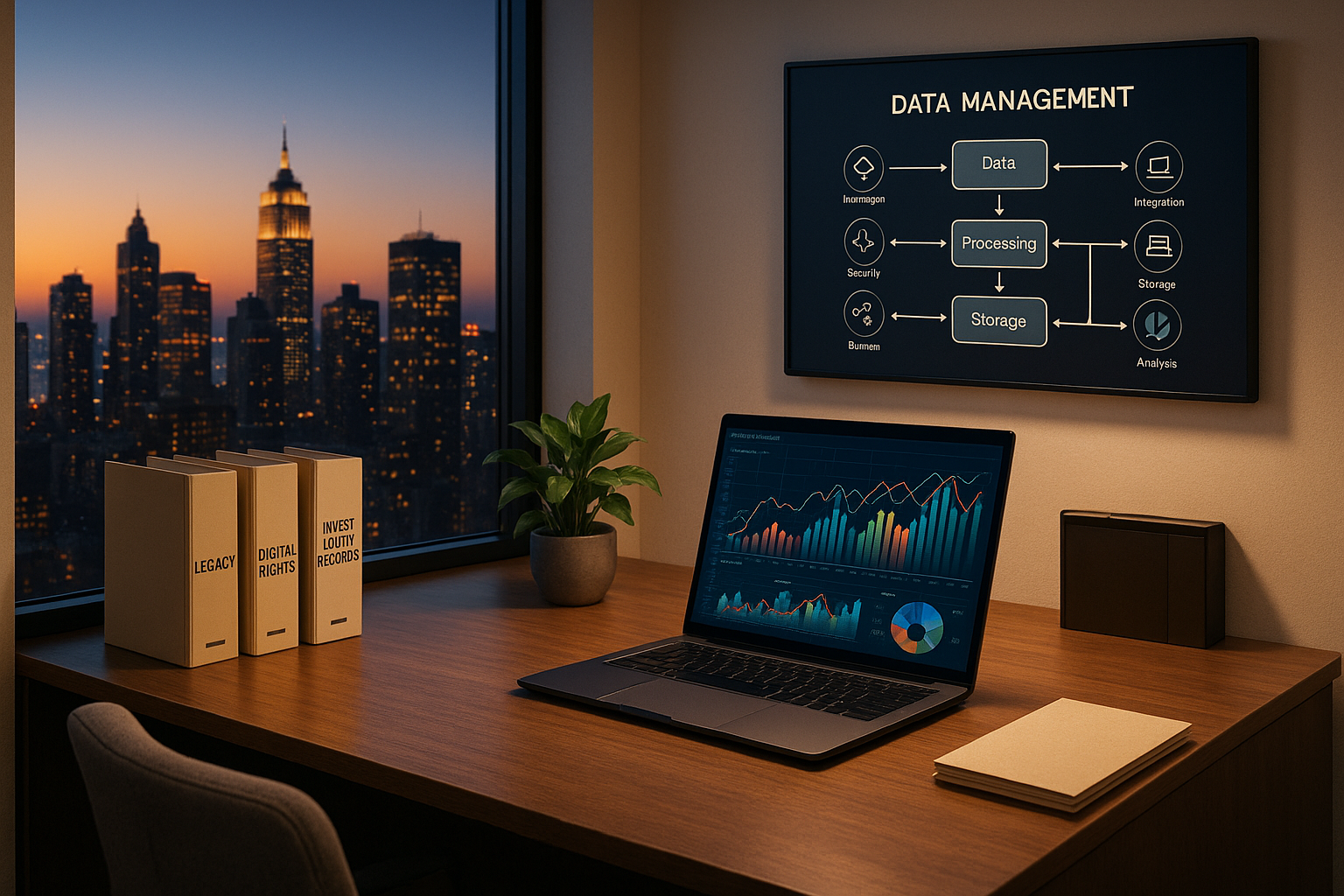5 min read
Meeting the New, AI-Enabled Face of Risk
When we introduced our OmniNet Bridge solution in 2014—known to many of you as My Digital Shield—it represented the next generation of network...


You see a lot of interesting things, when you are in the business of internet security and privacy. The neat thing for me is that we are at such a momentous time in the evolution of mankind's relationship with technology that almost every day feels a bit like history. Some days it's obvious, like the Target breach. Or, earlier last year, when the Snowden story broke. Other times it is anecdotal, and more personally observed. It's the latter I want to talk about today.
At one point early in the process of building a commercially viable ecosystem for online security and privacy for my customers, I needed some help with network architecture. I was introduced to an exceptionally experienced engineer from Orlando, FL, referred to here, for the sake of this story, as Mr. Nethead. Long story done short; I decided to hire him for a temporary assignment with me in order to help take my project to the next level. In going with my better judgement, I'm going to leave Mr. Nethead's real name out. You will understand why later in my story.
Back to the basics for a minute; clearly cyber-risk has been democratized. The internet is probably, at the out-most, 6 months away from being considered entirely infected. The details of 110 million individuals from the Target breach are just a piece of the big-data pie that includes many, many other large breaches. In an environment like this, you have to take the responsibility to immune yourself and not rely on the government or any other 3rd hand to protect you and those around you. Total Digital Security exists to empower all of us with the best tools available today to insulate themselves, their homes and families, offices and small businesses, from the escalating probabilities and deepening consequences of being victimized by cyber-crime.
So, the "best tools available today"? Where do the best defenses for online security and privacy come from? The answer; at the enterprise, or institutional level. These entities are governments, corporations, and other institutions that have invested vast sums of money over the past few decades in a very intense effort to protect themselves from precisely the same things that you worry about today; the safety and security of your identification, your passwords and credentials, your "content" (such as pictures, videos, scans, and documents). Also, their employees, (think; your family or office team), their reputation, and so on. You get the idea. And, as technology goes, these online security and privacy solutions are more powerful than ever, very easy to use, and now, extremely affordable to almost anyone. But, I needed someone to help me design the infrastructure in which to deliver these institutional tools to my consumer-level market, which operates outside of a server environment. Really it was almost that simple.
With this concept in mind, we set off to figure out how to put the pieces in place. We had to make it enormously scalable, very efficient, and I wanted it open-source in order to deliver the best architecture from a security stand-point. At the same time, I wanted my customers to know they were completely in control with total portability and assured compatibility. So, while I wanted fresh thinking with the business, I wanted to use established technology that had served and proven itself to the business customer for a long time.
It's not hard to imagine Mr. Nethead. He started back when no one knew how to spell LAN. He grew up in the environment and standards of the time, and though while experienced and knowledgeable, he wasn't exactly an "out-of-the-box" thinker. Also, he had that imperial attitude of impatience and disdain for anyone that wasn't following everything just the way he saw it. Like, we just didn't "get it". On one hand it was aggravating but on the other hand it was reinforcing. Much of my 35 years in personal and professional experience with IT-land wasn't too far off this mark. The experience with Mr. Nethead was kind of validating to the reason for Total Digital Security's existence.
Well, some weeks in to the project it was clear he was not really buying in to what we were doing and frankly I was never even sure that he ever "got it". It was clear to me that Mr. Nethead didn't think the general public was smart enough to spend $10 or $20 bucks a month on online security and privacy services. That they didn't understand or appreciate the real risks at hand, to them and their family, and wouldn't be able to distinguish what we were doing as opposed to say, the retail versions of some of this stuff, like McAfee, Symantec, and the others. It left me wondering what he did for himself and his home. I knew he had young daughters, loved his family and valued his time with them so, I guessed he probably had some techie version of firewall security and maybe a home local area network, running some industrial-strength software that he found someplace, file sharing with his network-geek friends. Right?
After a couple of months on the project, one Saturday night, the Nethead family was enjoying the weekend when one of the daughters' computer was hacked. Unfortunately, it was of the creepiest version of cyber-crime; spyware. Spyware is when an outsider, the hacker, takes control of the computer and uses the audio and visual inputs, your webcam for example, to spy on you. It happened, in one case, to Miss Teen USA. Last year, a hacker that has also attacked at least two dozen other women in the US, Ireland and elsewhere, posted naked photos on the internet and blackmailed them by demanding more pictures. Sadly, this type of cyber-crime, again the creepiest of all and obviously linked to one's physical security as well, is not all that uncommon. The Nethead girls were enjoying themselves that Saturday night, jumping up and down on their bed, and unknowingly being filmed in the process.
Fortunately this story ends with no major consequences, other than a complete re-set in Mr. Nethead's notion of "risk management" and "value". And so fast-forwarding my thought process here; is there a better risk/reward, or economic decision you can make in 2014 for the sake of you, your family, and your business? With these types of stakes at hand, and the increasing probabilities of being victimized increasing daily, at prices that are $10 to $20 bucks a month? And in my mind, protecting one's self is not like buying just insurance alone, but also akin to battening down the hatches for the coming storm. In the case of insurance, the risk is unpredictable, like a flood. With a storm, you see it on the horizon, it's on the radar, and you take precautionary measures. With cyber-crime, it's time to do both.
It is almost assured that if you are a user of technology in your daily life, you will either be proactive or reactive to the emerging threats. But, one way or the other, you will have to change your approach to online security and privacy. We all want to continue to leverage the awesome power of technology in our busy and productive lives, but we must do it responsibly and we must claim control now. 2014 is the pivotal year to shore up your digital footprint and create systems that will insure a sustainable state of online security and privacy for you, your home, family and business.
Thanks for reading,
Total Digital Security Company
www.totaldigitalsecurity.com

5 min read
When we introduced our OmniNet Bridge solution in 2014—known to many of you as My Digital Shield—it represented the next generation of network...

9 min read
Over the past decade writing these letters, I’ve made it my mission to help you navigate the digital age with confidence and resilience. If I have...

4 min read
For generations, family offices and ultra-high net worth families have mastered the art of estate planning — preserving wealth, ensuring succession,...